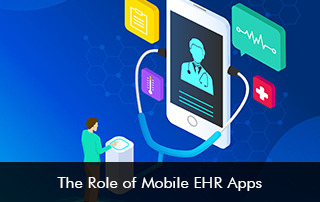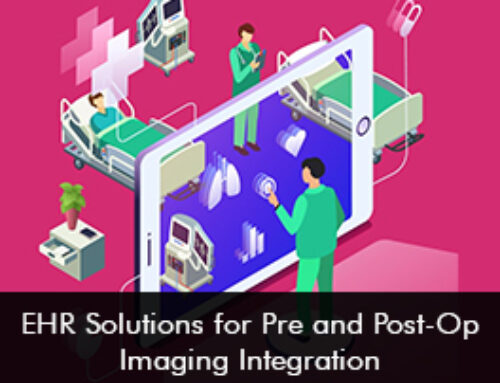Mobile electronic health record (EHR) software apps are crucial in healthcare. These powerful apps give healthcare providers mobile access to patient health information at any time and from any location.
The amount of time physicians spend at their workstations has decreased as a result of their ability to access systems via cell phones and tablets. Inpatient medical treatment can be delivered more effectively since orders can be entered earlier. The use of mobile EHR software is on the rise as they result in qualitative gains when used in clinical settings. Also, the boom in telehealth and telemedicine solutions due to the COVID-19 pandemic has made EMR vendors improve mobile technology to be embraced by hospitals and health systems.
Benefits of using Mobile EMR apps
Enhance care delivery
These apps allow healthcare providers to see patient records, analyze test results, and enter clinical notes while on the go. This can assist to enhance care delivery efficiency and quality. Clinicians will make more informed decisions, work effectively with colleagues, and deliver better care to their patients since they have access to patient information at their fingertips.
Facilitate care coordination and communication
Mobile EMR Software also facilitates communication and coordination between healthcare providers. Improved communication can help enhance patient outcomes and reduce the chances of medical errors. These apps, for instance, can offer collaborative and encrypted messaging features that let healthcare professionals communicate and plan patient care in real-time, no matter where they are.
Act as a patient engagement tool
The use of Mobile EHR apps can boost patient engagement by allowing patients to access their health records and communicate with their doctors via smartphones. Patients can access their medical history, make appointments, and receive reminders and alerts to help them stay informed and engaged in their healthcare. Empowered patients are better engaged which in turn helps to enhance patient outcome levels.
Essential features present in a Mobile EMR
The best mobile EMR software should fit the practice’s unique requirements. However here are the necessary functionalities that should be offered by the vendor:
- Voice recognition tools
- Lab integration
- Remote charting
- e-Prescribing (e-Rx)
- Clinical image capture
- Scheduling
The best mobile EHR apps
In the United States, there are various mobile electronic medical records (EMR) apps available that provide a variety of features and capabilities. When selecting a mobile EMR software app, healthcare organizations should analyze numerous solutions and consider factors such as security, compliance, usability, and cost. Based on user feedback and industry ratings, below are some of the finest mobile EHR apps:
- athenaOne
- Epic Haiku
- Cerner PowerChart Touch
- Allscripts Professional EHR
- Meditech Mobile
Moving ahead
Mobile EHR apps can assist healthcare providers in many ways. They can offer more efficient and effective care, as well as improve patient outcomes and experience. However, to stimulate uptake and participation among healthcare practitioners and consumers, these apps must be secure, consistent with privacy standards and HIPAA laws, and user-friendly.







